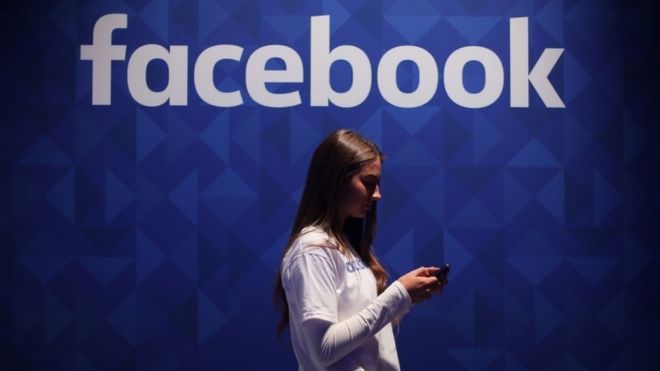House GOP Tax Plan’s Handling of Medical Deductions

This past week, House Republicans unveiled their initial tax reform bill. They are trying to help President Donald Trump fulfill his campaign promise to lower taxes for the middle and lower-income Americans.
Over a month before Republicans unveiled their tax reform plan, Democrats were already blasting it, sight unseen, claiming it would only help the wealthy and not the middle or lower-class people. Two comments here, if you allow me.
How in the world would Democrats know what the GOP tax plan was if they hadn’t seen it? They only made these criticisms to intentionally sway the public against whatever the Republicans did.
Secondly, if you want to speak about the wealthy, Democrats have been trying to hide the fact that most of the top 1% of wealthy Americans are Democrat supporters. Barack Obama raised more campaign funds than his Republican opponents and Hillary raised millions of dollars more than Donald Trump did. Consider that George Soros, Warren Buffet, Bill Gates, Steve Wozniak, Michael Bloomberg are all Democratic supporters. Before his death 2011, Steve Jobs was also big Democratic supporter. So, who really is the party of the wealthy? Democrats, NOT Republicans.
When House Republicans did finally unveil their tax reform plan, they kept the same tax bracket for the wealthy. They also reduced some of the major deductions often taken by the wealthy, which should nullify that argument used by the Democrats.
They did increase the credit for each child, which will help many middle and lower-class families.
In the new GOP tax reform bill, they are totally eliminating the medical deduction for everyone. Democrats have already started criticizing this by saying it will greatly impact middle and lower-class Americans, but is that true?
Years ago, virtually everyone could claim medical expenses as a deduction. Then, it was changed to only allow medical expenses above 4% or 5% of the adjusted gross income. Then, it was raised to 7%. Currently, only those medical expenses that exceed 10% of a person’s adjusted gross income. This has made it so difficult for most Americans to claim any medical deductions that only 8.8 million people actually claimed a medical deduction on their 2105 taxes.
According to Kaiser Health News:
“But those 8.8 million tax filers claimed an estimated $87 billion in deductions; meaning that those who do qualify for the deduction have very high out-of-pocket health costs.”
“‘For many people, this is a big deduction,’ said David Certner, legislative counsel for AARP, which opposes the change. AARP has calculated that about three-quarters of those who claim the medical expense deduction are 50 or older, and more than 70 percent have incomes $75,000 or below. Many of those expenses are for long-term care, which is typically not covered by health insurance. Long-term care can cost thousands or tens of thousands of dollars a year.”
I know that since the medical deduction threshold was raised to 10% of the adjusted gross income, we have not been able to claim any medical deductions and many others that I know have been in the same boat. Therefore, the criticism of the Democrats may have some merit, but it will affect less than 10% of taxpayers.








Recent Comments